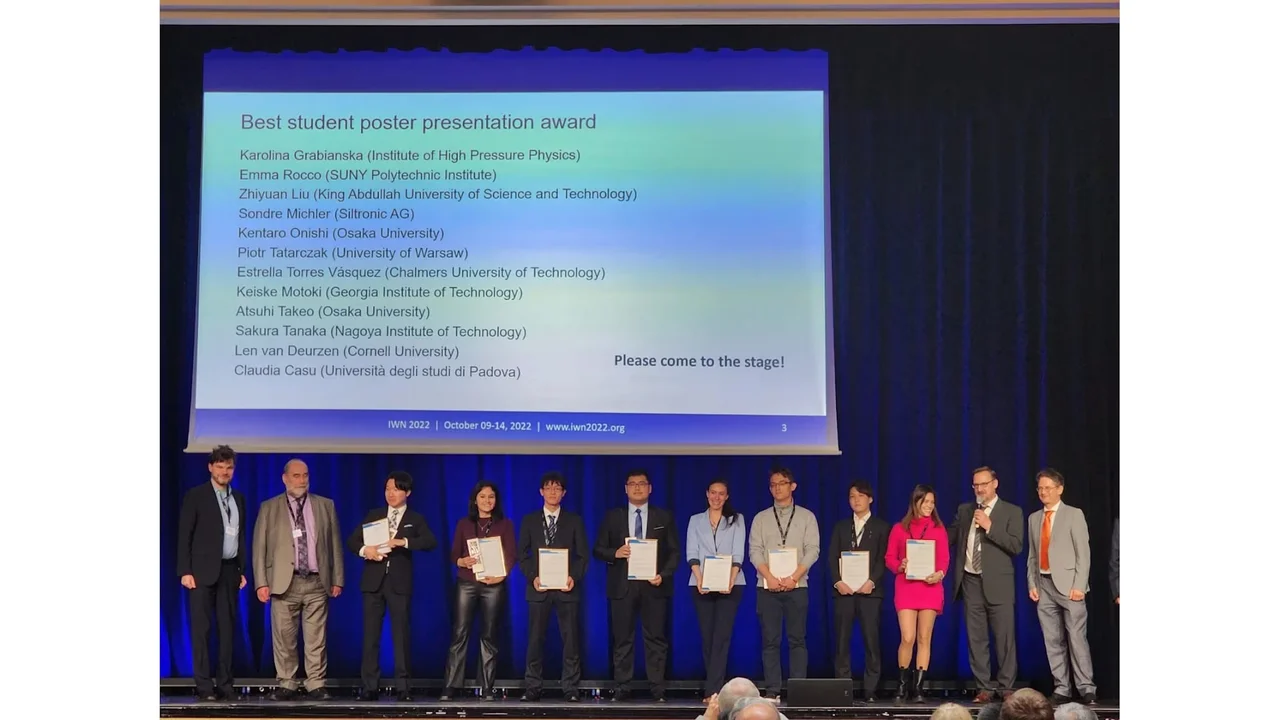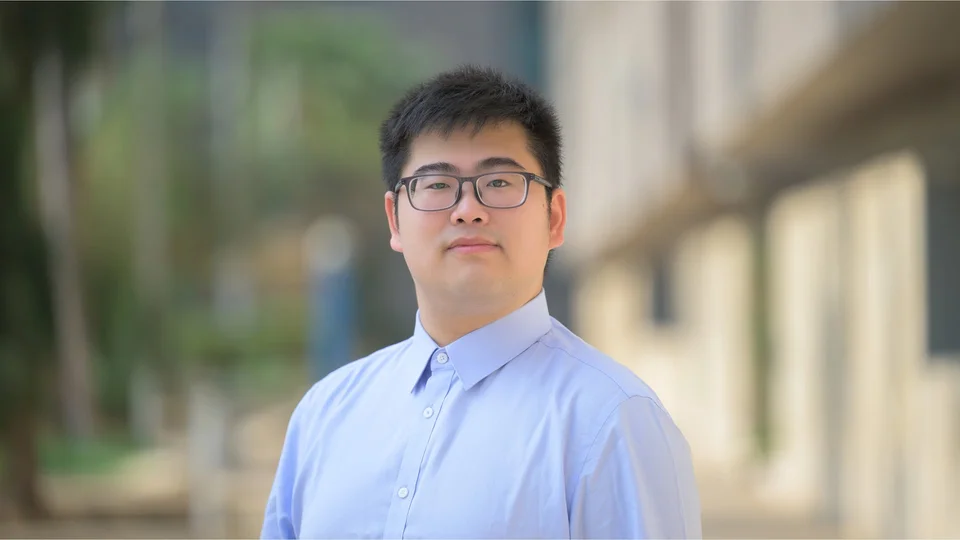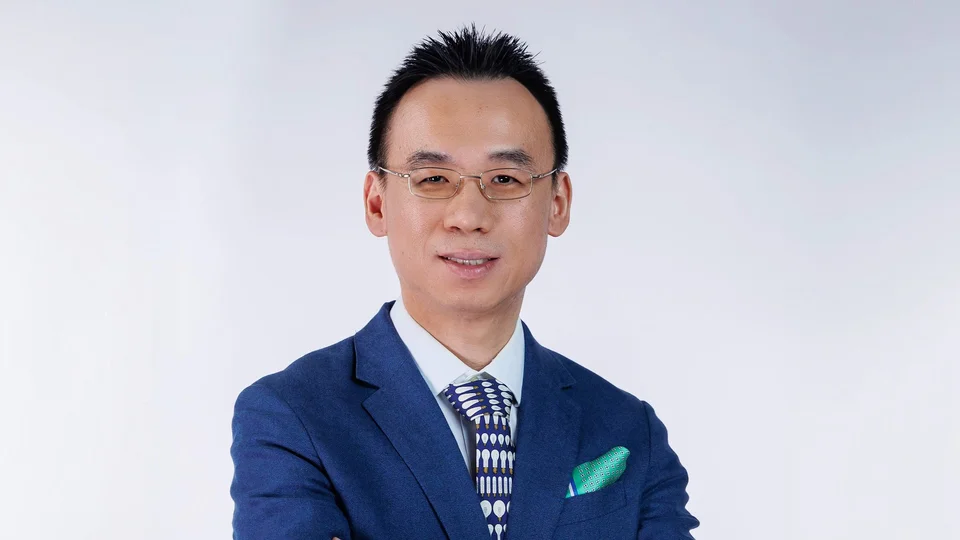Zhiyuan Liu, a M.S./Ph.D. candidate in the KAUST Advanced Semiconductor Laboratory (ASL) under the supervision of Professor Xiaohang Li, was named a best poster award winner at last month’s International Workshop on Nitride Semiconductors (IWN) 2022.
About
By David Murphy
Zhiyuan Liu, a M.S./Ph.D. candidate in the KAUST Advanced Semiconductor Laboratory (ASL) under the supervision of Professor Xiaohang Li, was named a best poster award winner at last month’s International Workshop on Nitride Semiconductors (IWN) 2022.
The IWN is the leading conference in wide bandgap nitride semiconductors. Held from October 9-14, 2022, in Berlin, Germany, the workshop highlighted the latest advances in the field of group III-nitride materials, nanostructures and devices.
Liu’s award-winning entry, titled "Machine Learning study of superlattice electron blocking layer design for deep ultraviolet light-emitting diodes," outlined recent AlGaN-based DUV LED work carried out by the KAUST ASL research group. Using a machine learning (ML) tool, the researchers predicted high-performance AlGaN-based UV LED structures and revealed the underlying mechanisms in the performance improvement of devices.
“There are very few reports on applying ML to III-Nitride-based semiconductor device research, but it is getting more and more attention. I think we have been doing an excellent job in this field,” Liu noted.
Developing the next generation of sustainable UV technology
The ASL team plans to lead the way in wide-bandgap semiconductor technology by developing semiconductors that will revolutionize industries, including energy, communications, integrated circuits, electric cars, and space exploration. Using advanced and challenging technologies, Liu and his colleagues strive to achieve high-efficiency AlGaN-based DUV LEDs. His research at the University focuses on the III-Nitride-based device modeling, fabrication and integration.
The application potential of AlGaN-based DUV LEDs is wide, most notably in water purification, sterilization, sensing, and communication. Compared with conventional UV sources such as mercury lamps, UV LEDs are low-cost, reliable, compact and environmentally friendly, thus positioning them as a promising candidate for next-generation UV technology. There are, however, still several challenges to UV LEDs' marketization potential, including low efficiency.
In general, the continued development of DUV LED technology will be extremely beneficial to Saudi Arabia and the world at large. Liu believes these technologies can achieve a more sustainable global society while accelerating the goals of Saudi Vision 2030 from multiple perspectives, such as water purification, environmental protection and human health.
“Recently, the COVID pandemic has triggered a huge demand for disinfection systems and UV LEDs. Our research utilizes semiconductor band and polarization engineering to improve the LED efficiency and emission power, which, at its core, is beneficial to human health,” Liu emphasized.
Regarding his IWN best poster win, he said: “I felt very excited and honored to receive such a competitive award, especially as a first-year Ph.D. student. I learned a lot from the conference and witnessed much world-leading research that will significantly benefit people’s lives. While my research has a long way to go, I sincerely hope I can learn from theirs.”
“I would also like to thank the members of my group and my supervisor, Prof. Xiaohang Li, for their support,” Liu added.
“This is an extremely competitive award and one I never received when I was a student. Therefore, Zhiyuan’s win is incredibly impressive,” Li concluded.


